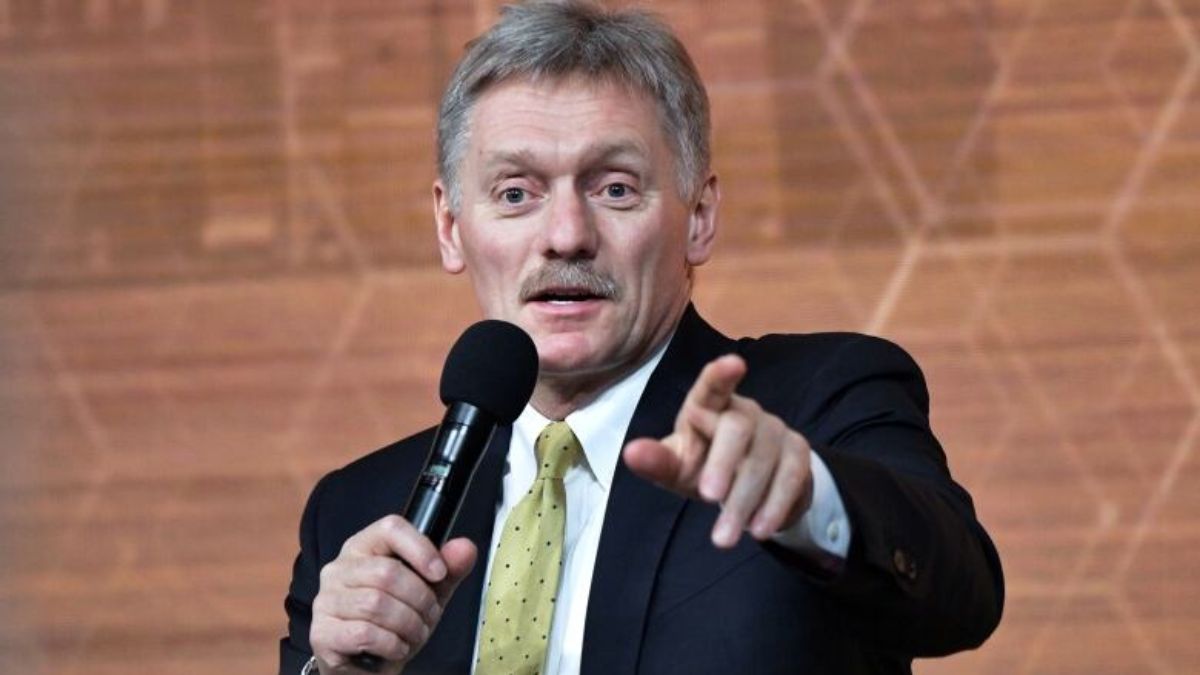Kremlin spokesperson Dmitry Peskov has firmly rejected recent claims suggesting that Russia is receiving weapon deliveries from foreign nations amid its ongoing military conflict with Ukraine. During a press briefing, Peskov dismissed the accusations as “groundless,” emphasizing that the allegations lacked substantial evidence.
The allegations surfaced as part of growing international scrutiny over Russia’s military capabilities and the sources of its war supplies. Ukraine and its Western allies, including the United States and European Union, have frequently raised concerns over possible external support for Russia’s military, especially as the conflict drags into its second year. These concerns have often centred around countries like North Korea and Iran, which have been accused of either sending or preparing to send arms to bolster Moscow’s war effort.
Although these claims remain largely unsubstantiated, they have fueled diplomatic tensions, particularly as Western nations continue their sanctions against Russia. The U.S. has repeatedly warned that any country providing military support to Russia would face severe consequences.
Responding to these assertions, Peskov reiterated that Moscow does not need additional arms supplies, citing the country’s robust domestic production capabilities. “Russia has its own powerful military-industrial complex, which is fully capable of meeting the needs of the armed forces in the ongoing special military operation,” Peskov stated during a press briefing.
He further criticized the allegations as part of a larger information war to discredit Russia. “These are nothing but unfounded accusations,” he added, underscoring the lack of concrete proof provided by any accusers.
Despite Peskov’s denial, international concerns persist, with many analysts suggesting that Russia could face difficulties replenishing its arsenal, especially as it contends with mounting battlefield losses and ongoing sanctions. Western intelligence agencies have speculated that Russia may turn to smaller, less scrutinized states for assistance as traditional allies shy away from overt involvement.

